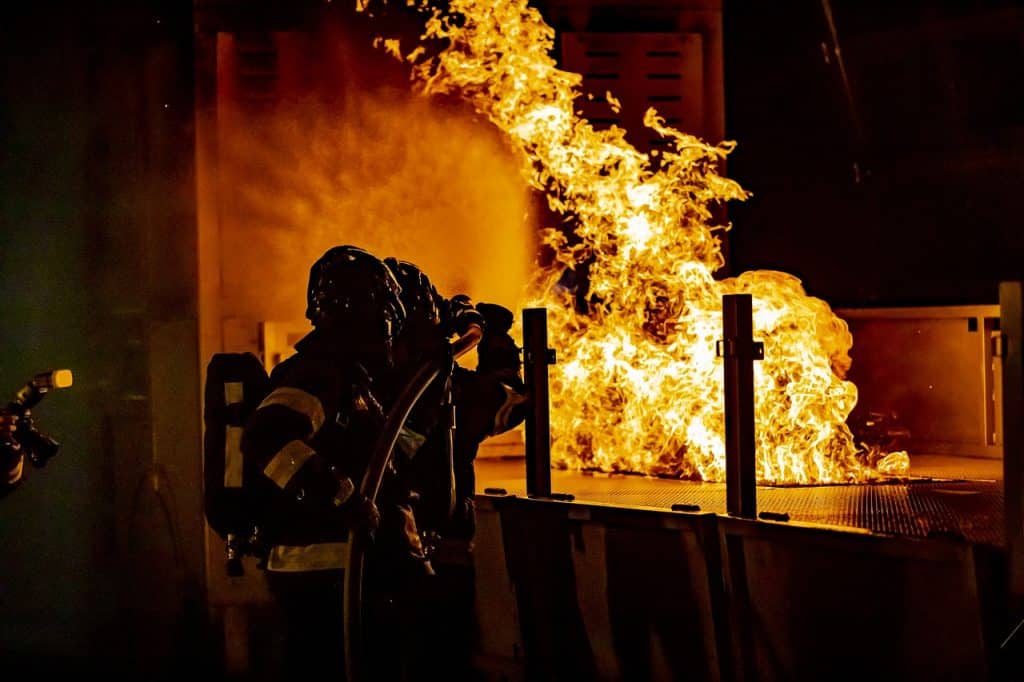For small businesses, a fire emergency can be devastating. It’s not just a safety issue but can impact operations, reputation, and financial stability. Creating an effective fire emergency plan is critical to minimize risks.
Understanding the Unique Challenges:
Small businesses often have limited resources and must be strategic in their fire safety planning. Understanding the unique layout of your business, the type of work conducted, and the number of employees are key factors in developing an effective plan.
Steps to Create an Effective Fire Emergency Plan:
- Conduct a Detailed Fire Risk Assessment:
- Identify potential fire hazards specific to your business, such as electrical equipment, combustible materials, or cooking areas.
- Customized Evacuation Procedures:
- Develop evacuation routes and procedures that are tailored to your business’s layout. Practice these with all employees to ensure familiarity.
- Install and Regularly Check Fire Safety Equipment:
- Equip your business with appropriate fire safety tools like extinguishers, smoke detectors, and fire alarms. Regular maintenance is crucial.
- Comprehensive Employee Training:
- Train employees in fire safety practices, including how to use fire extinguishers, identify hazards, and execute evacuation procedures.
- Designate Fire Safety Responsibilities:
- Assign a responsible individual, possibly a Fire Safety Officer, to oversee fire safety. This includes ensuring equipment is functional, conducting drills, and being the primary contact during emergencies.
- Effective Communication of the Fire Plan:
- Clearly communicate the fire emergency plan to all employees. Use training sessions, emails, and posted notices to keep the information accessible.
- Incorporate Fire Safety in Daily Operations:
- Integrate fire safety practices into the daily operations of your business. This could include regular safety briefings or integrating safety checks into routine activities.
- Regularly Update and Review Your Plan:
- Your fire emergency plan should evolve with your business. Regularly review and update it, especially when undergoing operational or structural changes.
- Engage with Professional Fire Safety Consultants:
- For specialized advice, consider consulting with fire safety professionals. They can offer tailored recommendations for your specific business needs.
- Community Involvement and Resources:
- Engage with local fire departments or community safety programs. They often provide resources, training, or even inspections to help small businesses improve their fire safety measures.
Developing and maintaining an effective fire emergency plan is essential for the safety and resilience of small businesses. Tailoring the plan to your specific business needs, regular training and updating, and involving professional resources are key to ensuring a safe and prepared workplace.
For expert advice on fire protection and prevention contact Martyn Young Fireproofing Consultancy on 07585 896648


